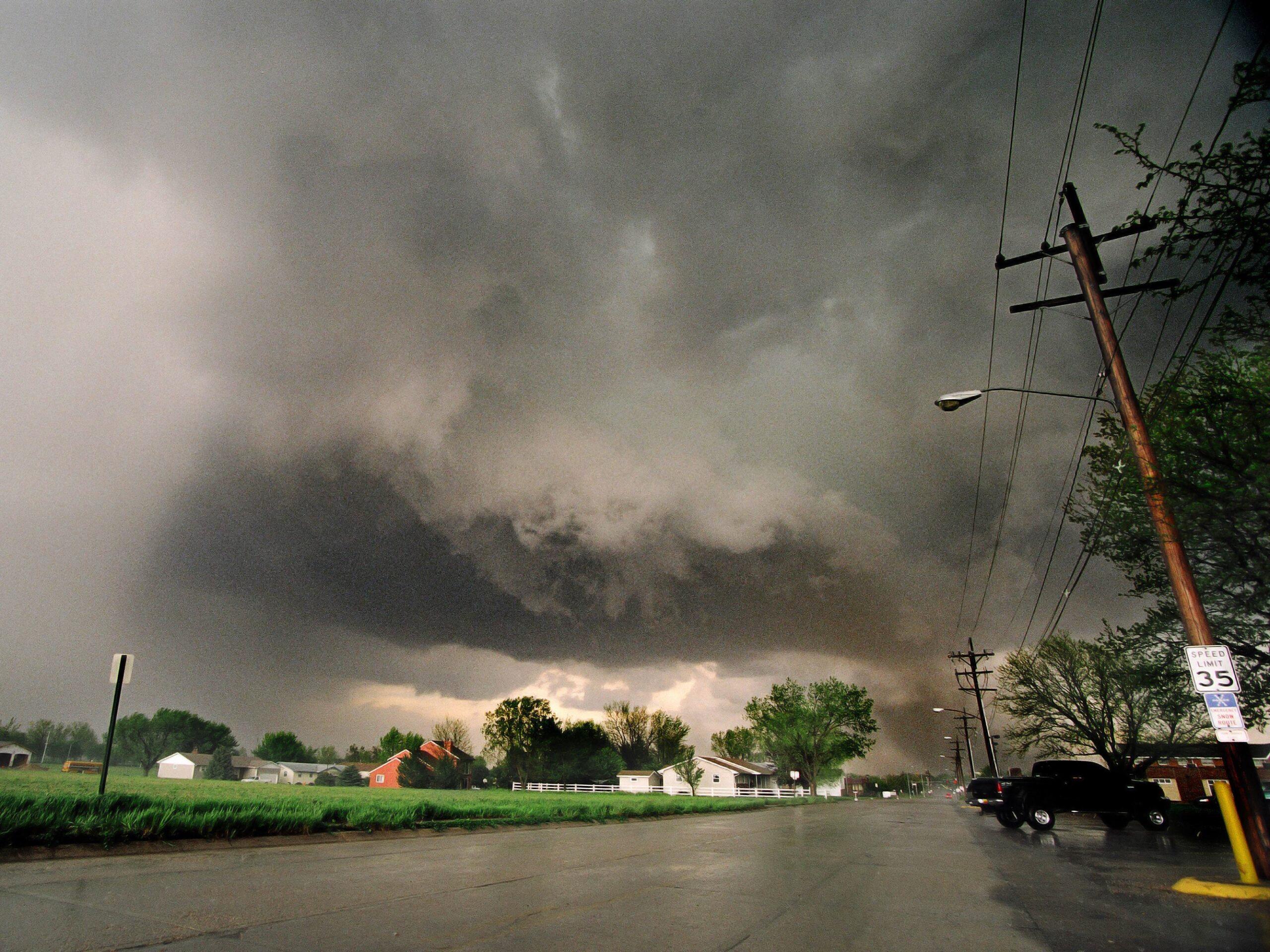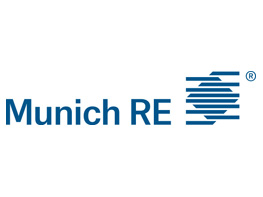Risk Insider: Bob Nevens Jr.
Insurance Implications of Ebola
Dealing with an Ebola patient at your health care facility presents many risks. There are a few that stand out like employee safety, safety to the general public and patient population, environmental exposures, and even risk to your company’s directors and officers.
All of these could be tied together with one Ebola case, especially if the case isn’t properly handled.
First and foremost, update all your policies and procedures relating to infectious diseases. Stay current with the Centers for Disease Control and their requirements. Appoint a response team.
Train all those in your facilities to spot a potential Ebola patient and the proper procedures for isolation, treatment, and transfer. It’s likely your emergency department will be the front line and most exposed.
A general liability policy insures against third-party liabilities. In this case, third parties could claim they were infected at your facility and you failed to provide a safe environment in which to conduct regular business.
Your policy should have a duty to defend, however. I would suggest reviewing your coverage, paying close attention to wording associated with expected bodily injury and other policy exclusions.
Workers’ Comp Implications
Employee safety in treating infectious diseases is paramount to delivering effective care to patients. Have your employees practice taking on and off all appropriate protective gear.
In the event a health care worker contracts the virus, workers’ compensation would likely provide coverage. Review your policy and tie it to any umbrella or excess liability coverage. This is crucial because your work comp policy most likely has a disease limit, per claims and disease per policy limit.
An infected employee may also elect to file suit against an employer alleging negligence. If you have workers that work or volunteer outside the U.S. then you may want to look into foreign voluntary workers’ compensation and couple it with an accident and disability policy.
The hospital that treated the first casualty in the United States, Thomas Eric Duncan, and also had two nurses contract the virus is currently dealing with reputational loss and lost revenues.
The first place to look is your facility’s business interruption coverage. Be cautious, as coverage is typically triggered only when there is direct physical damage. Even more so, most contain a communicable disease exclusion or a severely sub-limited amount of coverage and require a governmental agency requiring limited or no access.
Allegations of Negligence
A directors’ and officers’ policy provides defense and protection for allegations of executive mismanagement. These claims can arise from a variety of sources: the state attorney general, financial donors, even employees.
Allegations could include failure to follow CDC protocol, not properly safeguarding the institution’s assets, or lack of proper training. A situation handled incorrectly could cause negative publicity thus leading to declining revenues and admissions as well as a loss of reputation.
In summary, updated procedures and training is crucial to avoiding the pitfalls of such high profile infectious disease situations. Check with your broker to ensure what, if any, coverage is available under your current program and what triggers the coverage.










